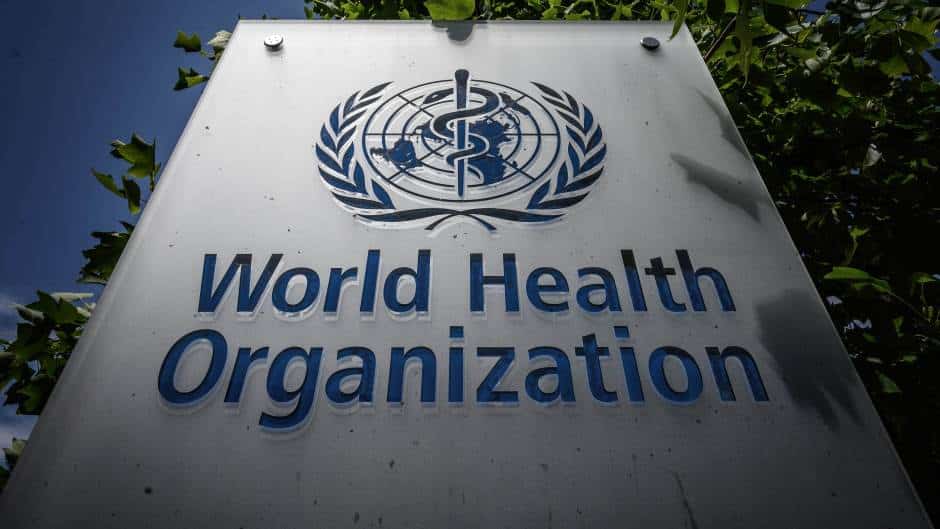The World Health Organization (WHO) announced that it has gathered more than 300 experts whose task is to create a new list of priority pathogens that can cause epidemics and pandemics, but also to study the threats posed by unknown viruses that should be put under strict control.
WHO’s goal is to update the list of pathogens used as a guide for research and investment in vaccine development, screening tests and treatment methods. More than 300 scientists will study all available data related to more than 25 families of viruses and bacteria.
In particular, he will focus on the study of the so-called “disease X”, an as yet unknown pathogen that could cause a very serious pandemic.
“Focusing on priority pathogens and virus families through research and development of countermeasures is essential for a rapid and effective response to epidemics and pandemics,” said the WHO Director of Health Emergencies. Michael Ryan.
“If there had not been huge investments in research and development before the covid-19 pandemic, it would not have been possible to develop safe and effective vaccines in record time,” Ryan pointed out, adding that the list was first published in 2017.
Current investments and research include covid-19, Ebola virus, Lassa fever, Middle East respiratory syndrome (MERS), severe acute respiratory syndrome (SARS), Zika virus, Nipah viruses and disease X.
As part of the work on this important project, for each pathogen that has been marked as a priority, scientists will determine the gaps in current knowledge and the priorities in upcoming research.
A plan for vaccine development, treatment, and screening test plans can then be drawn up.
At the same time, efforts are being made to facilitate clinical trials for the development of such tools, and the possibility of strengthening regulatory and ethical supervision is being considered.
The revised list of priority pathogens is expected to be made public by April 2023.
“The list of priority pathogens is extremely important for the research community because it indicates where efforts should be directed when there is an impending health threat,” explained Soumya Swaminathan, WHO’s scientific director.
International agreement on the prevention of pandemics
At the same time, WHO is preparing for the next round of negotiations on the international agreement on the prevention of pandemics.
The intergovernmental negotiating body is paving the way for a global agreement that could ultimately regulate how nations prepare for potential pandemics.
Experts are scheduled to meet in Geneva from December 5 to 7 for a third meeting to discuss a WHO convention or some other type of international agreement on preparedness and response to a potential pandemic.
This intergovernmental body will report to WHO member countries on the progress made in 2023, and the final results will be given to them for consideration in 2024. The draft text should be discussed at a meeting in December.
The panel of the global public health convention, which is made up of government officials and health experts, believes that the draft is not yet sufficiently elaborated. They believe that more should be done to clarify the issue of liability, as well as clear deadlines for whistleblowing and timely response. The purpose is to avoid as many harmful consequences as possible when an epidemic or pandemic occurs.
“Once a virus or bacteria is detected, we often have a few critical hours to report, assess and act to prevent the spread of disease before it becomes virtually unstoppable,” the commission said in a statement.
The panel believes that the level of urgency needed to carry out all preparations for disease X, for known pathogens and for the first phase response should be defined.
“Since December 2019, when information about the new coronavirus was suppressed, and numerous countries, after the first cases of covid were reported, took a ‘wait and see’ approach, we have witnessed the devastating consequences of inaction at the very beginning,” the committee members warned.
Track N1 via Android apps | iPhone/iPad and social networks Twitter | Facebook | Instagram.

